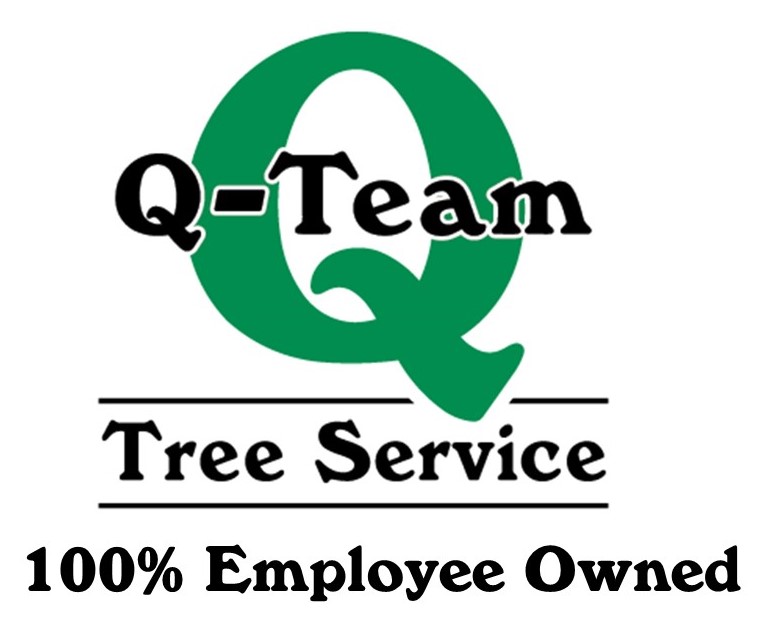If you go outside and look around, chances are you will see trees. Trees in all directions, as far as you can see. Cut one down, which lets in more sunlight, and new trees will sprout or nearby remaining trees will grow even faster.
Trees are actually solar batteries. They absorb energy from the sun and store it there until it is released (by us or by nature). Trees can be utilized as energy in numerous ways. In forestry, trees are chipped and burned to create heat and generate electricity for the grid. In lumber manufacturing, sawdust is burned to power the wood kiln that dries the lumber. On the residential side, trees can be processed into firewood or wood pellets to heat your home.
When wood is burned, it gives off Carbon Dioxide (CO2). Living trees need to absorb CO2 to grow. This sets up a “Carbon Cycle”. Wood energy is considered Low-Carbon or Carbon-Neutral because of this carbon cycle.
When fossil fuel is burned, it also gives off CO2, but without any means of re-absorbing it later. That fact, plus the fact that our fossil fuel stores are finite and limited, make fossil fuel non-renewable. Recent years, the price of fossil fuel has been all over the map. Today, the price happens to be low, but as we have all seen, it can go in the opposite direction at any time.
Maine has the potential to be the new “Saudi Arabia” of Wood Energy. We have vast forest resources and dwindling markets for it as paper mills close one after the other. Money spent on Maine Renewable Wood Energy is money that stays within the local economy, trickling down to every layer along the way.
Given all these facts, one might wonder why all Maine households are not utilizing local renewable wood heat. That’s a good question. Modern wood pellet heat is clean, renewable and can be automated and almost as care-free as fossil-fuel oil, propane or gas heat.
Now may be a good time for us to re-consider our priorities, and not only think long-term, but think local and renewable. If you are considering a new or replacement heating system, why not consider Local Maine Wood or Wood Pellets?

